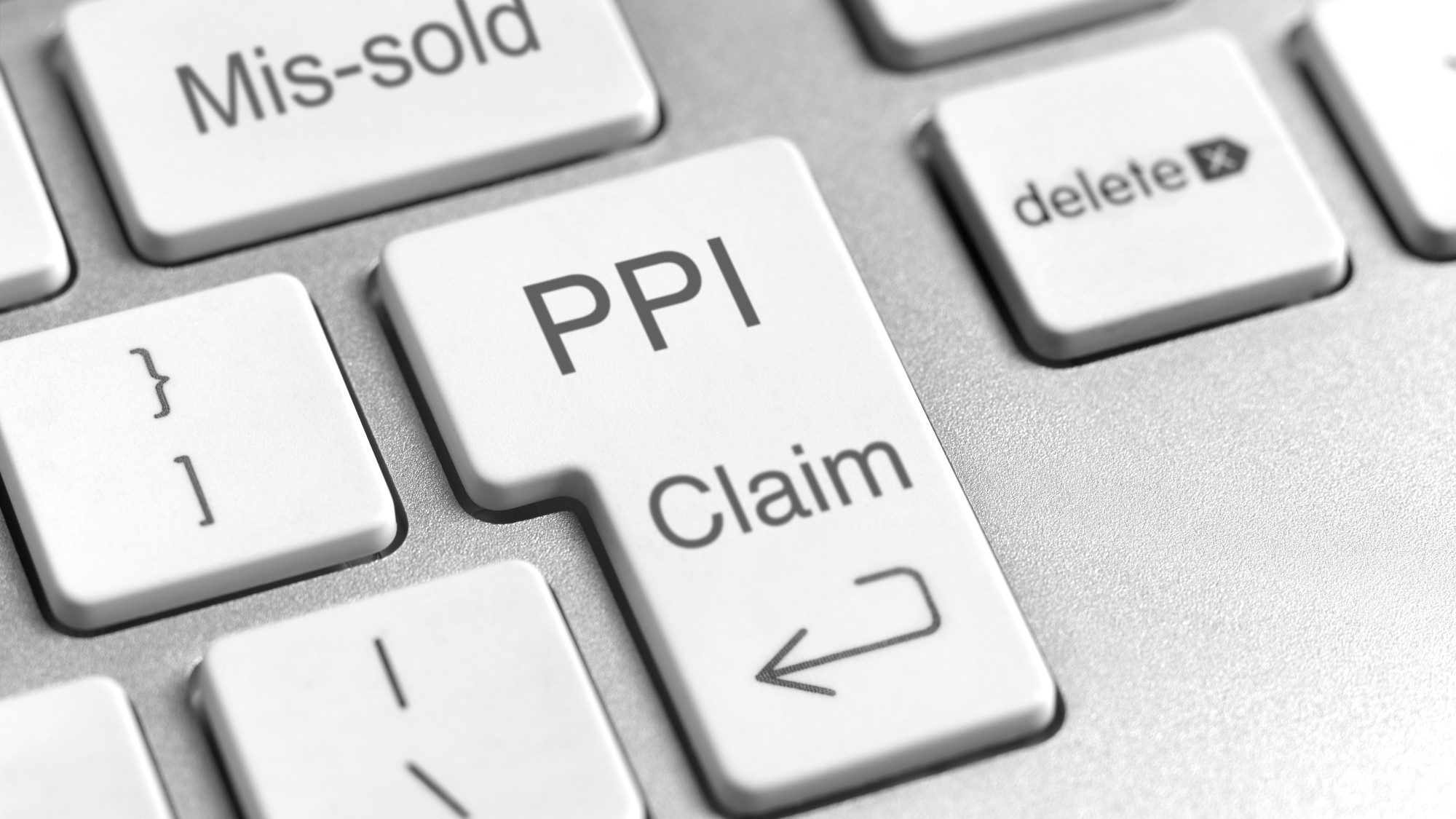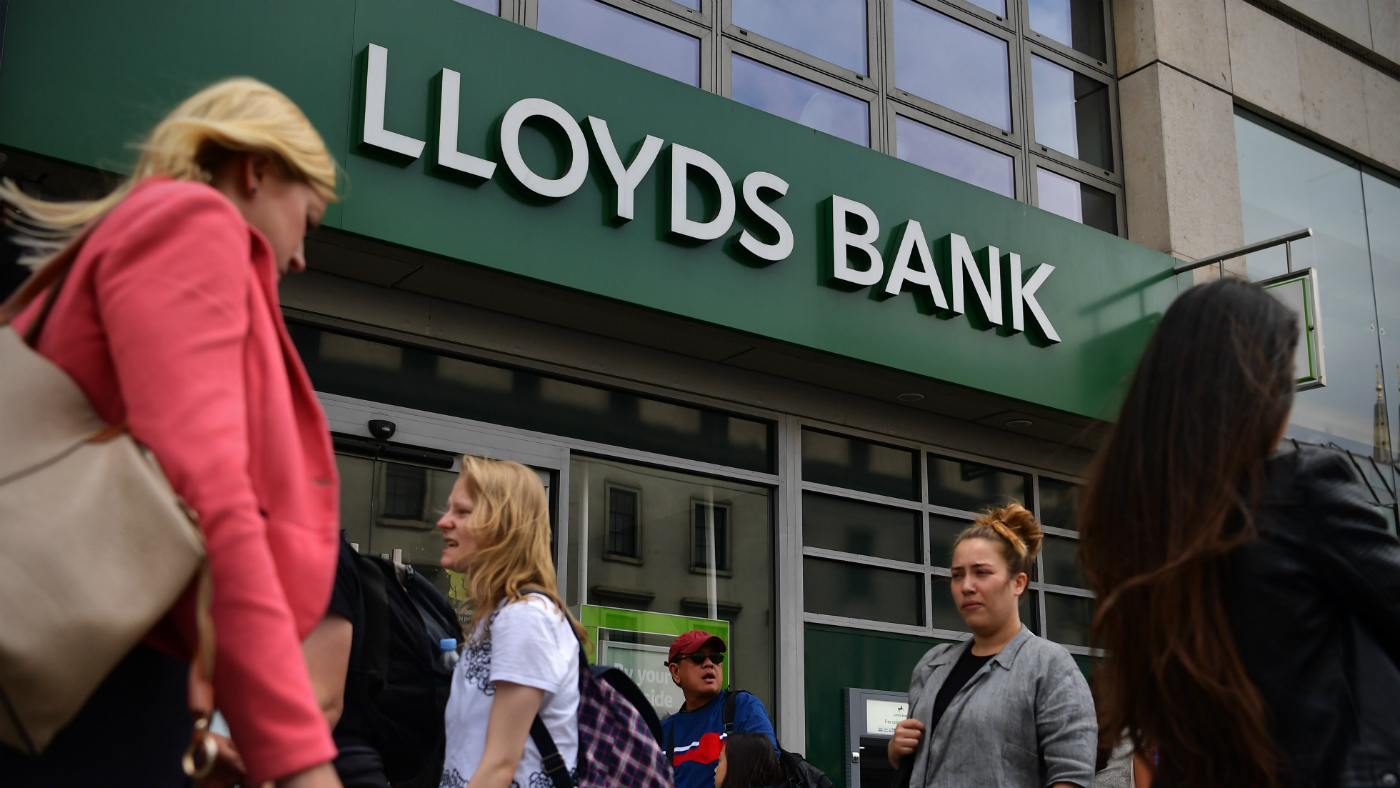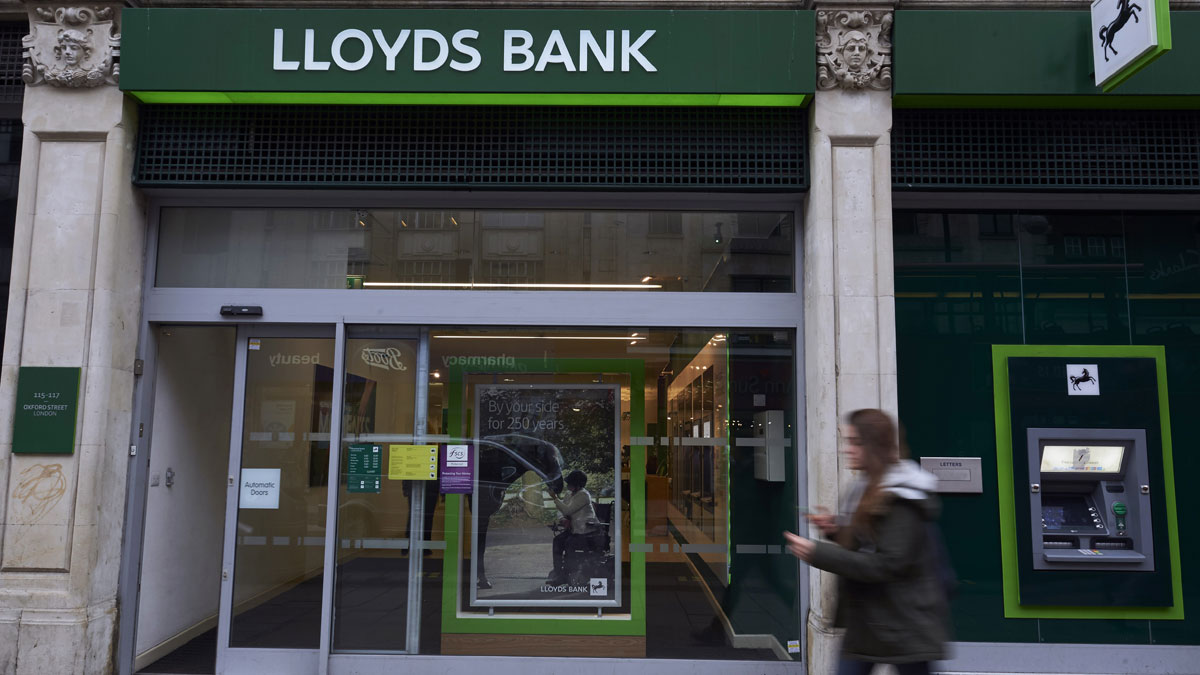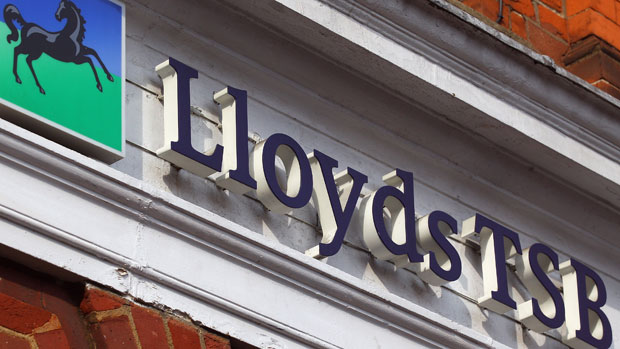Can you still claim for mis-sold payment protection insurance?
Millions of customers may still be owed PPI compensation after 'fresh legal action'

A free daily email with the biggest news stories of the day – and the best features from TheWeek.com
You are now subscribed
Your newsletter sign-up was successful
Millions of people may be entitled to compensation for mis-sold payment protection insurance (PPI) even though the deadline for banks to consider claims has passed.
City watchdog the Financial Conduct Authority (FCA) introduced rules on the "fair treatment" of customers in 2015 if they complained about mis-sold PPI after the regulator found "widespread poor sales practices".
Bank customers were given until 29 August 2019 to complain and be considered for redress and more than £38 billion was paid out in compensation between 2011 and 2019.
The Week
Escape your echo chamber. Get the facts behind the news, plus analysis from multiple perspectives.

Sign up for The Week's Free Newsletters
From our morning news briefing to a weekly Good News Newsletter, get the best of The Week delivered directly to your inbox.
From our morning news briefing to a weekly Good News Newsletter, get the best of The Week delivered directly to your inbox.
Most people can no longer lodge a complaint about the product, explained MoneySavingExpert, unless you go through "legal channels or the small claims court". But law firm Harcus Parker is pursuing new cases on behalf of claimants that don’t focus on mis-selling but the "high commissions" on PPI sales that consumers didn't know about.
Here is what you need to know to find out if you can make a claim.
What was payment protection insurance?
PPI was designed to "cover your repayments for a time", explained the FCA, if you couldn’t repay debts such as a credit card bill or mortgage if you were ill or lost your job.
The product, which became popular between 1990 and 2010, was sold "too widely" to consumers, added the FCA, which highlighted that it was often "poor value" and the terms and exclusions were unclear.
A free daily email with the biggest news stories of the day – and the best features from TheWeek.com
The Financial Ombudsman Service said that while "not all PPI was mis-sold", you may have been entitled to redress if you didn't know you had taken it out, were pressured into buying the product or weren't eligible such as if you were self-employed.
Can you still get compensation for mis-sold PPI?
The FCA set a deadline of 29 August 2019 for borrowers to complain about mis-sold PPI and most complaints were handled by April 2021, with £38 billion of redress paid out.
New claims made directly to a bank are now valid only in "exceptional circumstances", said Which?, such as if you missed the deadline due to illness or a bereavement.
But "fresh legal action" could make compensation available to millions more people, said the Daily Mail. Rather than focusing on mis-selling, new claims brought by Harcus Parker allege that "banks and credit card companies secretly took huge commissions" of up to 95% that weren't covered by the FCA-backed redress scheme.
Many individual claims have been issued in county courts since the 2019 deadline passed, added Harcus Parker, but banks and credit card companies have so far used their "financial might" to block them.
Its argument is based on the "Plevin rule" from a 2014 court judgment that said if more than 50% of your PPI's cost went as commission to the lender and that wasn't explained, you are due compensation. This is something Harcus Parker argues that not many borrowers were aware of.
Harcus Parker said around 350,000 people have enquired about making a claim, with the total redress estimated to be worth almost £20 billion. The claim is open to anyone who "had PPI but who has not been compensated or who has not been compensated fully" for credit agreements, added the law firm.
Separately, the Supreme Court last week ruled against Royal Bank of Scotland (RBS), said Reuters, in a case surrounding "unfair commissions" that could "widen the number of PPI mis-selling claims faced by lenders".
The case had been going on since 2019, with RBS arguing that claims could only be brought within six years of the last PPI payment. But the Supreme Court ruled the relationship between RBS and its former customers "continued to be unfair until their credit card agreement ended", meaning the claims were brought in time.
There is "no need" to use a claims lawyer if you want to complain as they will typically charge commissions of 20% to 25%, said The Sunday Times.
Rather than complaining about mis-selling, you can state that the claim is based on the 2014 Plevin Supreme Court ruling on "high commissions", added the newspaper, and if the bank refuses to pay then that is the time to consider going to the small claims court or using a claims lawyer.
Marc Shoffman is an NCTJ-qualified award-winning freelance journalist, specialising in business, property and personal finance. He has a BA in multimedia journalism from Bournemouth University and a master’s in financial journalism from City University, London. His career began at FT Business trade publication Financial Adviser, during the 2008 banking crash. In 2013, he moved to MailOnline’s personal finance section This is Money, where he covered topics ranging from mortgages and pensions to investments and even a bit of Bitcoin. Since going freelance in 2016, his work has appeared in MoneyWeek, The Times, The Mail on Sunday and on the i news site.
-
 Bondi, Democrats clash over Epstein in hearing
Bondi, Democrats clash over Epstein in hearingSpeed Read Attorney General Pam Bondi ignored survivors of convicted sex offender Jeffrey Epstein and demanded that Democrats apologize to Trump
-
 Are Big Tech firms the new tobacco companies?
Are Big Tech firms the new tobacco companies?Today’s Big Question Trial will determine if Meta, YouTube designed addictive products
-
 El Paso airspace closure tied to FAA-Pentagon standoff
El Paso airspace closure tied to FAA-Pentagon standoffSpeed Read The closure in the Texas border city stemmed from disagreements between the Federal Aviation Administration and Pentagon officials over drone-related tests
-
 What new cryptocurrency regulations mean for investors
What new cryptocurrency regulations mean for investorsThe Explainer The Treasury and the Financial Conduct Authority aim to make the UK a more attractive and safer place for crypto assets
-
 PPI deadline day: how to claim
PPI deadline day: how to claimSpeed Read Final chance for consumers to apply for compensation
-
 Banks continuing to mislead customers over PPI
Banks continuing to mislead customers over PPISpeed Read Banks accused of wrongly informing customer they are not entitled to compensation as deadline nears
-
 PPI: What is it and how can I claim before the deadline date?
PPI: What is it and how can I claim before the deadline date?In Depth Clock is ticking for those people yet to claim compensation from mis-selling scandal
-
 Final deadline for claiming PPI compensation set
Final deadline for claiming PPI compensation setSpeed Read Claims for mis-sold Payment Protection Insurance must be made by 29 August 2019, says FCA
-
 PPI claims 'underpaid by £1bn' as banks ignore fees
PPI claims 'underpaid by £1bn' as banks ignore feesSpeed Read Lloyds, Barclays, MBNA and Capital One accused of ignoring fees and charges in PPI compensation